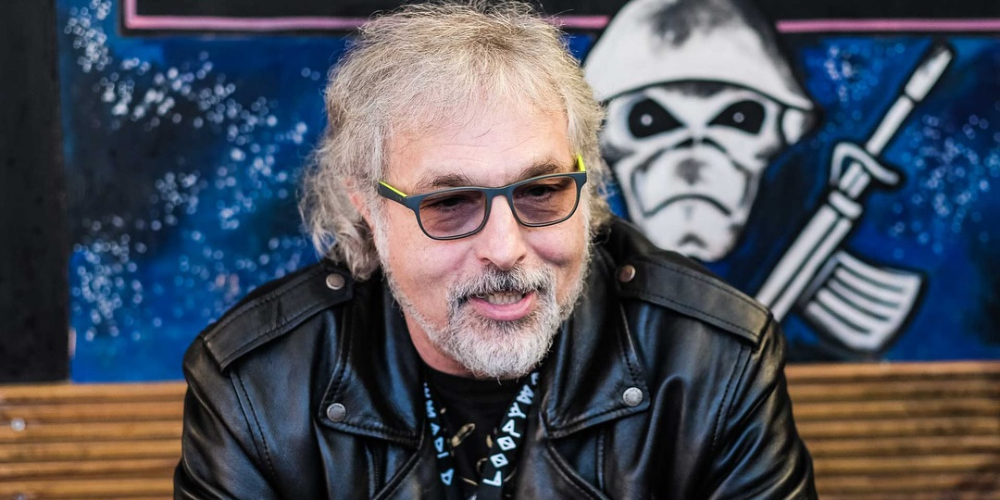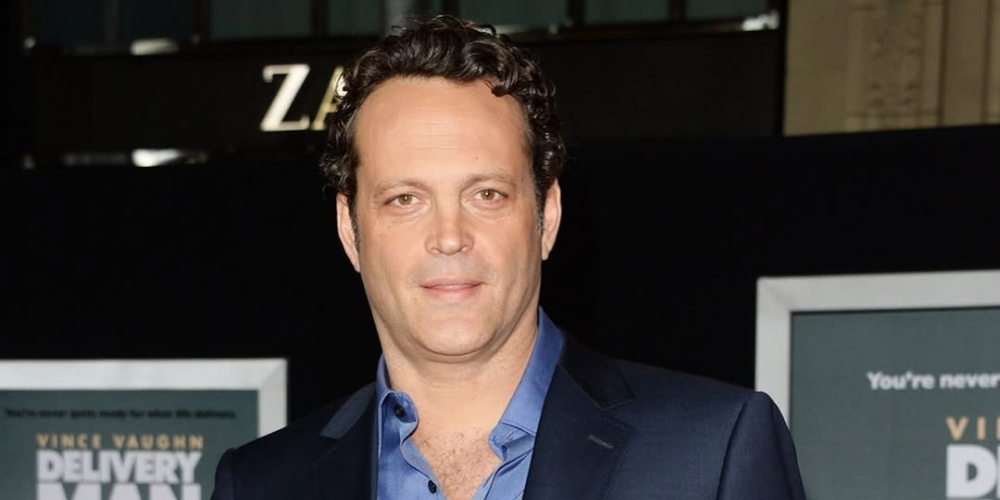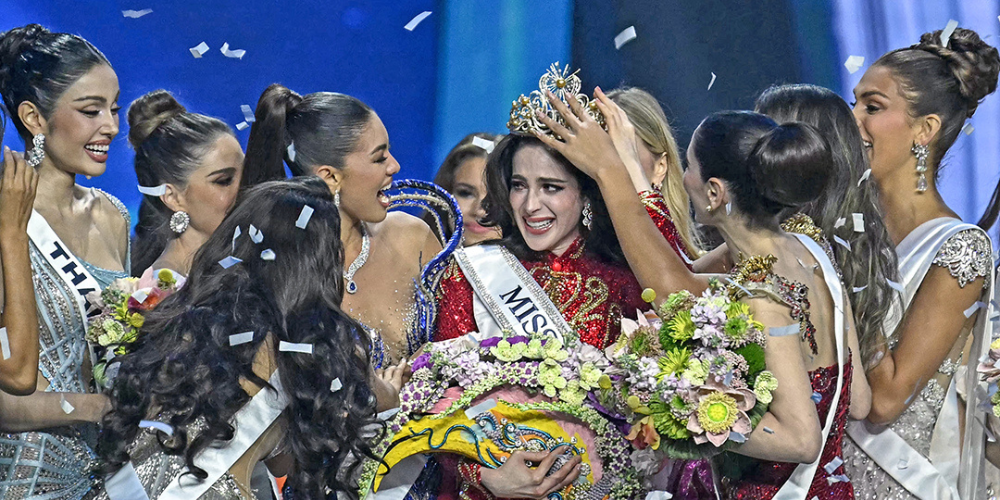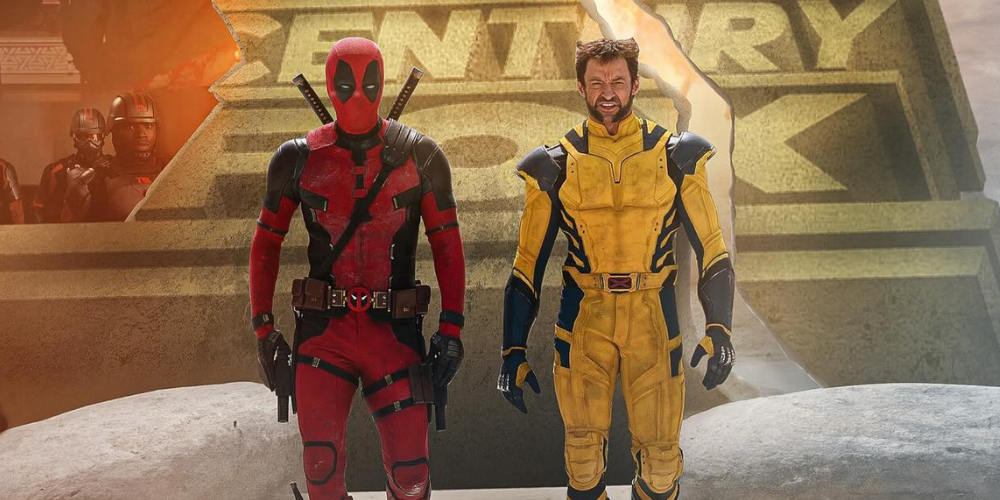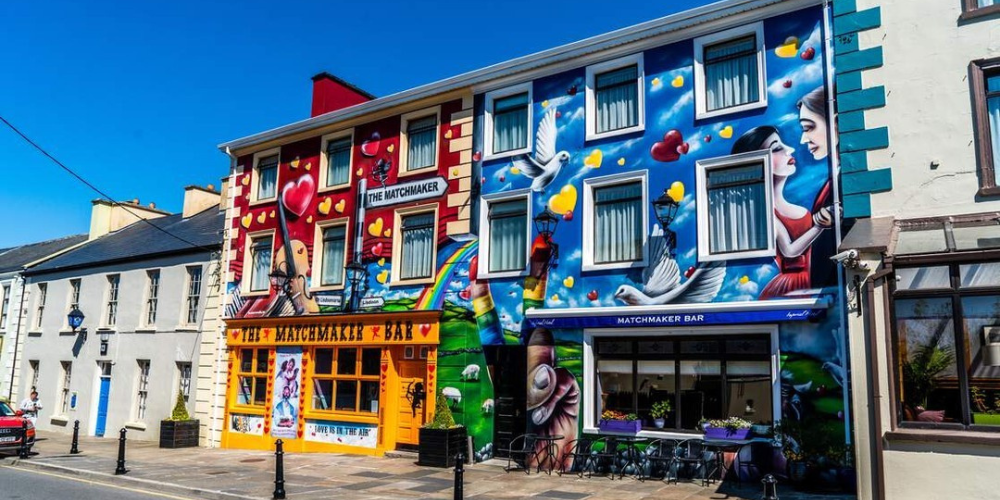Paul Mario Day wasn’t a household name, but in the right corners of heavy metal history, he’s the guy you hear when the story begins. The original frontman of Iron Maiden, Day died at 69, leaving behind a trail of stages, bandmates, and bootleg recordings that tell their own tale.
His death was announced by More, the band he later helped steer into the heart of the NWOBHM movement, and quickly echoed through fan forums, tribute pages, and the tightly knit circles of veteran rockers.
A Legacy That Launched Iron Maiden
In December 1975, Steve Harris pulled a 19-year-old Day into what was still a work-in-progress—a band that had more ambition than equipment, and more hunger than polish. His first gig with Maiden came in May 1976 at St. Nicks Hall, a community venue where most of the amps had seen better decades. The band played like their lives depended on it, because, in a way, they did.
Day stayed until October that year, bowing out before Maiden recorded a single studio track. Harris was frank: the band needed someone with a more explosive presence on stage. Day later admitted it stung but also sharpened him. He understood that in early metal, you didn’t just sing—you had to detonate.
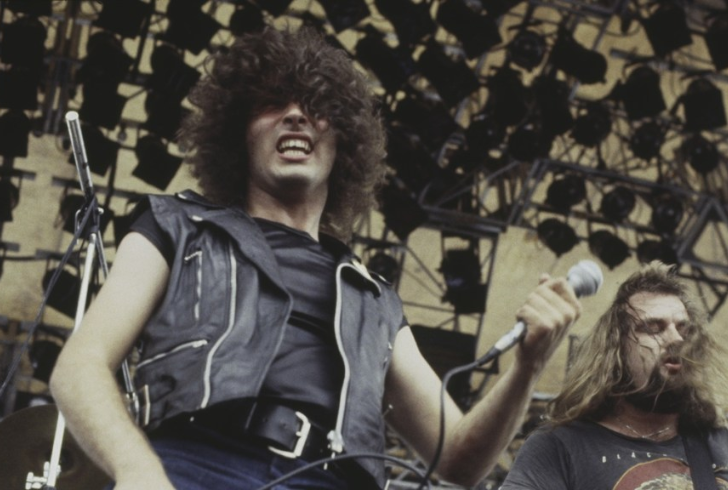
Instagram | @sunriseon7 | Fans remember Paul Mario Day as the first voice that helped shape Iron Maiden’s early sound.
Remembered by Fans and Fellow Musicians
When Iron Maiden shared the news, they didn’t gild the language. They called him “a lovely person and good mate,” which, coming from that famously tight-lipped camp, spoke volumes. Fans filled the comments with “Rock in Power” notes and memories from those who’d caught him in pub shows or still owned worn cassette demos.
His later band More struck a warmer, louder chord in their tribute, hailing him as a “huge part of the NWOBHM” and urging listeners to crank Warhead until the walls shook. That was the album where Day’s voice carried a raw, unvarnished edge—perfect for a scene that valued grit over gloss.
A Journey Through Rock
Iron Maiden was just the launchpad. Day’s time with More saw him playing the 1981 Monsters of Rock festival, sharing the bill with AC/DC, Whitesnake, and Def Leppard—crowds that made the St. Nicks Hall audience look like a soundcheck. In the mid-’80s, he fronted Wildfire, a band with serious chops but short-lived visibility, then moved to Sweet, the glam rock outfit reborn with a harder edge.
Sweet’s Live at the Marquee recording, with Day on vocals, captured him in full command—no longer the uncertain teenager of ’76, but a seasoned performer who knew exactly how to work a room. When he relocated to Australia in 1986, he didn’t slow down. Local bands like Defaced, Crimzon Lake, and Buffalo Crows became new outlets for that restless creative streak.
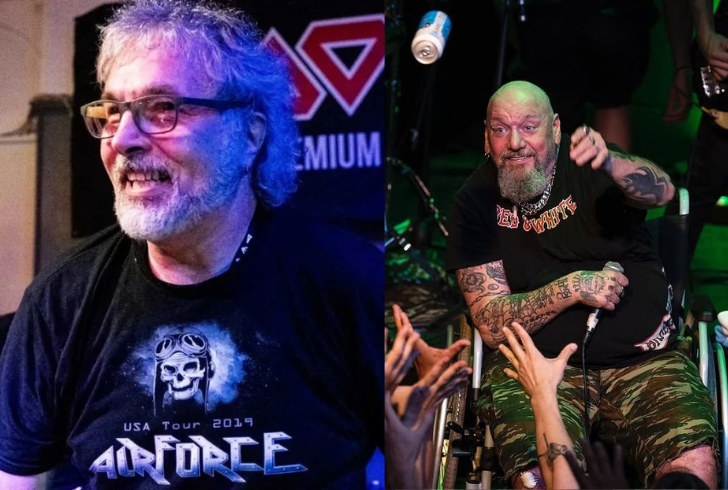
Instagram | @axo.rock | @bs.as.metal.shows | Iron Maiden fans honor both Paul Day and Paul Di’Anno as voices that shaped the band’s legacy.
Two Losses in the Maiden Family
Day’s passing comes just after the death of Paul Di’Anno, the frontman who replaced him and went on to record Iron Maiden and Killers. For long-time fans, losing both voices so close together feels like watching a piece of the band’s foundation crumble in real time. Each man carried a different style—Day’s raw earnestness versus Di’Anno’s street-tough delivery—but together they bookend the most formative stretch of Maiden’s early identity.
A Voice That Helped Forge a Genre
You won’t hear Paul Mario Day on Iron Maiden’s albums, but his fingerprints are in the DNA. His early presence gave the fledgling group its first shape, and his later projects proved he was more than a footnote. He spent five decades chasing the next gig, the next riff, the next crowd—long after the spotlight moved elsewhere.
In rock history, some names are written in neon, others in pen. Day’s is scrawled in the margins by those who were there, who saw him sweat under stage lights, who know the first version of Maiden’s roar. And for them, his chapter will always matter.


